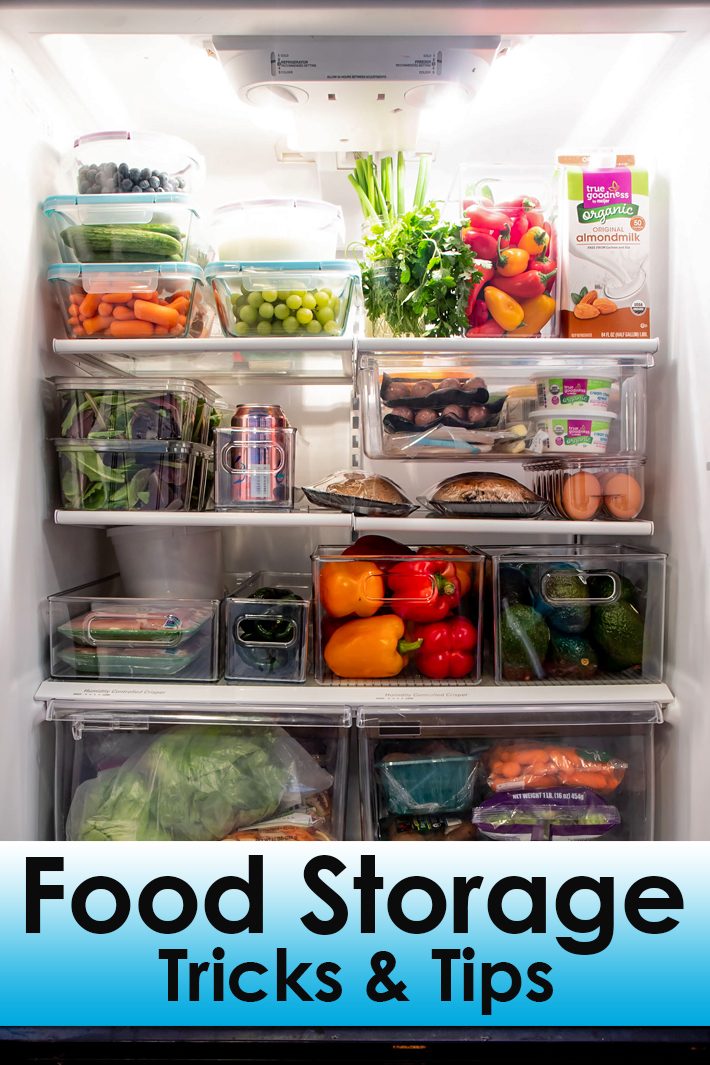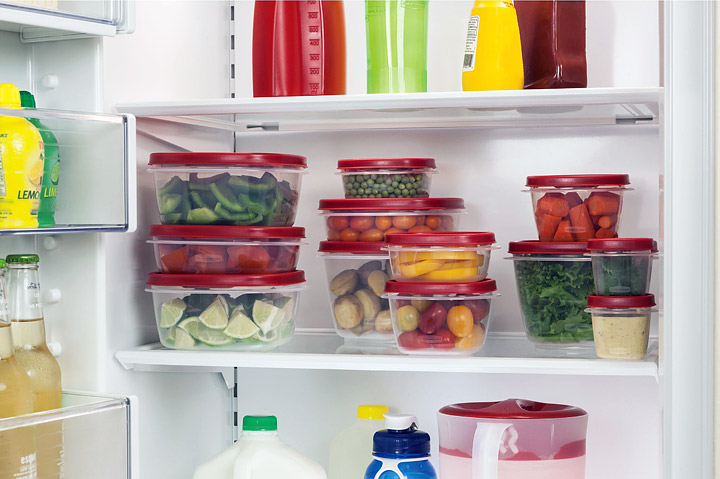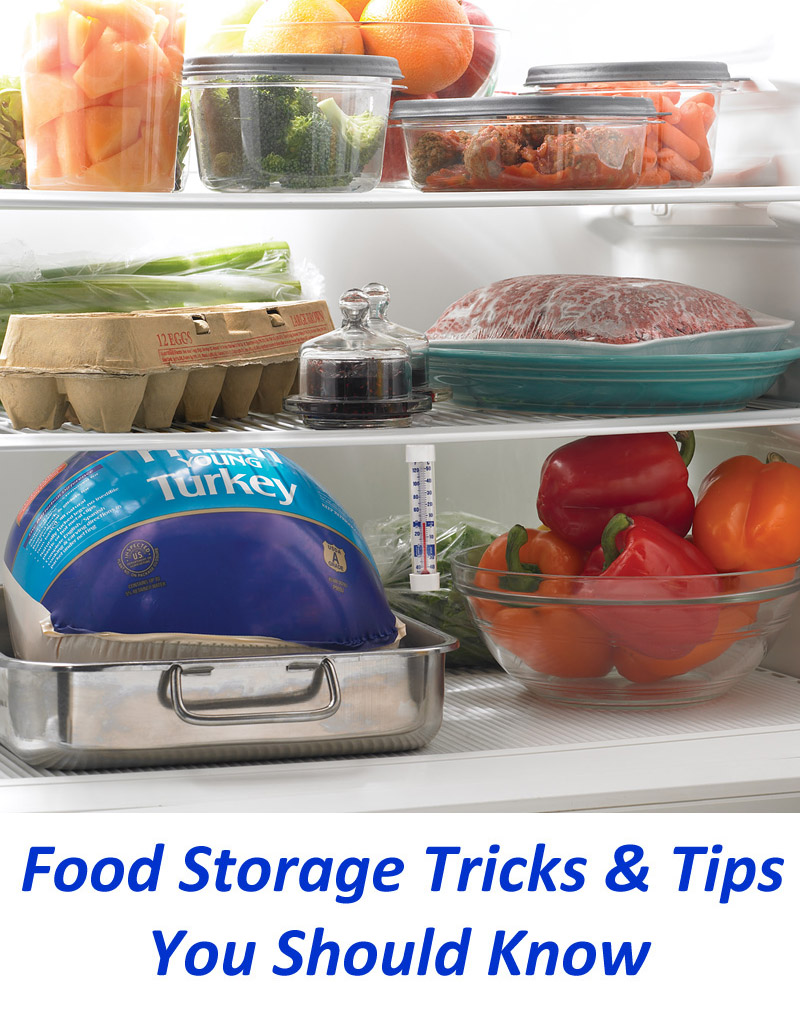
You’ve got a fridge and a freezer in your house, but do you know how to use them properly? With these food storage tips, you’ll never have to deal with wilting veggies!
No oversized containers
When you store food in a container that’s too big, it can lead to faster spoilage and freezer burn. There should be minimal headspace between food and the top of the container (although a bit more is necessary if you’re freezing in wide-mouth glass jars and must allow for expansion).
Don’t refrigerate hot foods
You might think your high-tech fridge can handle the task of chilling hot leftovers, but it’s not a good idea. The hot air can increase the temperature of neighboring foods and increase the rate of bacterial growth. Instead, let food cool at least somewhat outside the fridge before transferring it.
Change store packaging
If you purchase meat, don’t leave it in the store packaging. There could be perforations in the plastic wrap or loose flaps that you cannot see that would allow in unwanted air or moisture. If it’s wrapped in butcher paper, that’s not enough protection for long-term freezer storage. Place in a container or wrap tightly with freezer paper and aluminum foil.
For pantry items, the same rule applies. You want to avoid the 3 M’s – mice, mealworms, and mustiness – so transfer dry goods such as beans, pasta, flour, and grains from store packaging into glass jars.
Label freezer foods
Put a description and date on whatever goes into the freezer so you can keep track of it. All it takes is some masking tape and a marker. Otherwise, it’s too easy to forget what’s there. As you use freezer items, move older ones to the front for easy access.

Don’t keep potatoes and onions together
If you’ve been storing these in the same place (like I have), then it’s time to change. Apparently both require cool, dark, dry space, but they release moisture and gases that speed up spoilage. Onions need more air circulation than potatoes and are best stored in the fridge. Potatoes should never be refrigerated, but stored in a basket or bag in the pantry.
Store herbs properly
Fresh herbs can be kept in a jar of water on the counter if temperature is moderate. Alternatively, wrap in a damp cloth and place in a sealed bag in fridge.
Keep half-used onions separate from other foods
Onion halves will impart their strong smell to neighboring foods if stored loose in the fridge. Wrap or cover in a bowl to prevent having oniony-tasting pears, apples, and broccoli.
Don’t leave lettuce in plastic
It will go slimy if left too long. A better method is to wash, spin dry, and place in an airtight container or bowl with a clean tea towel or cloth napkin on the bottom to absorb moisture. You’ll be more inclined to eat salad, too, if it’s already prepped.





Leave a Reply